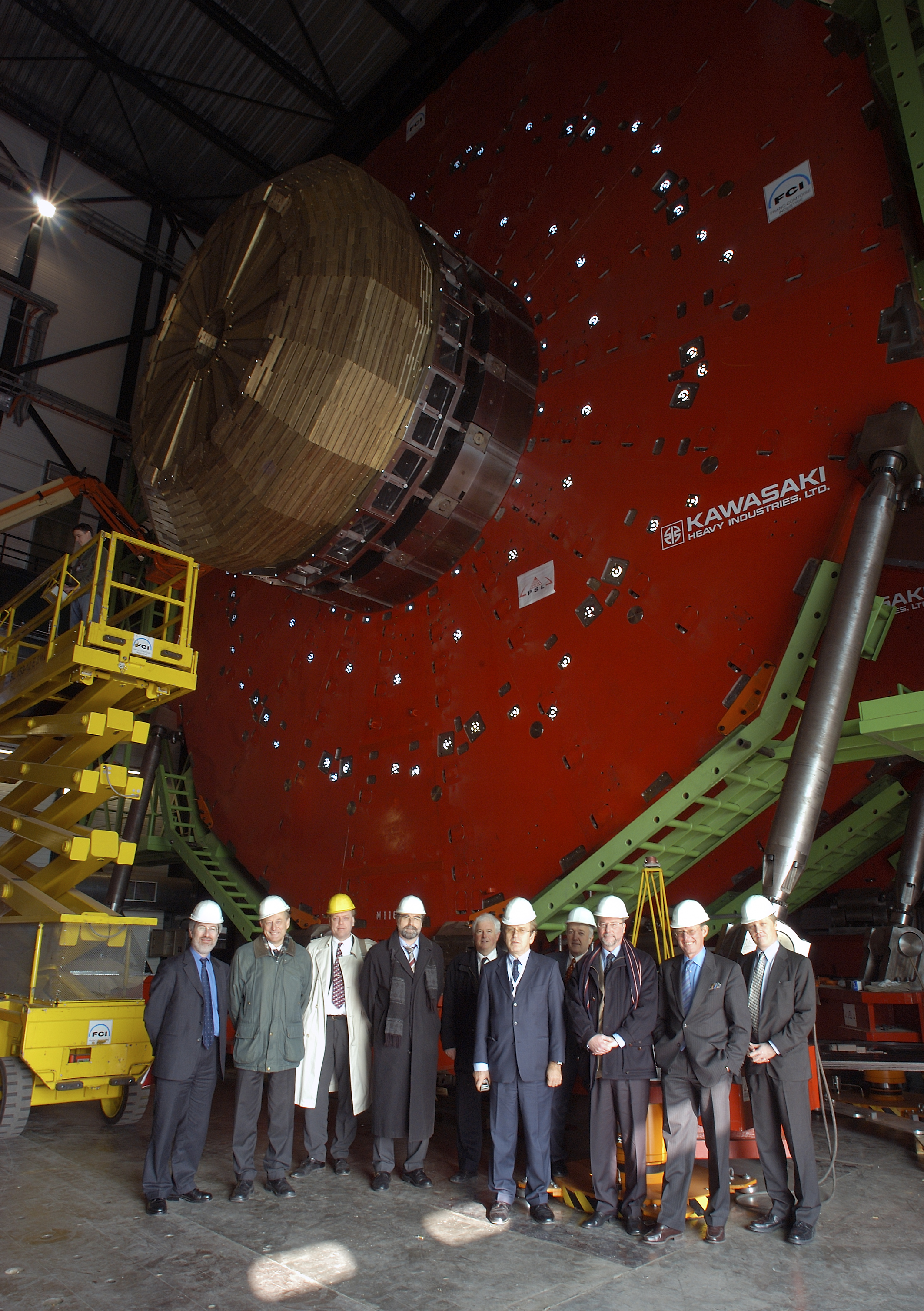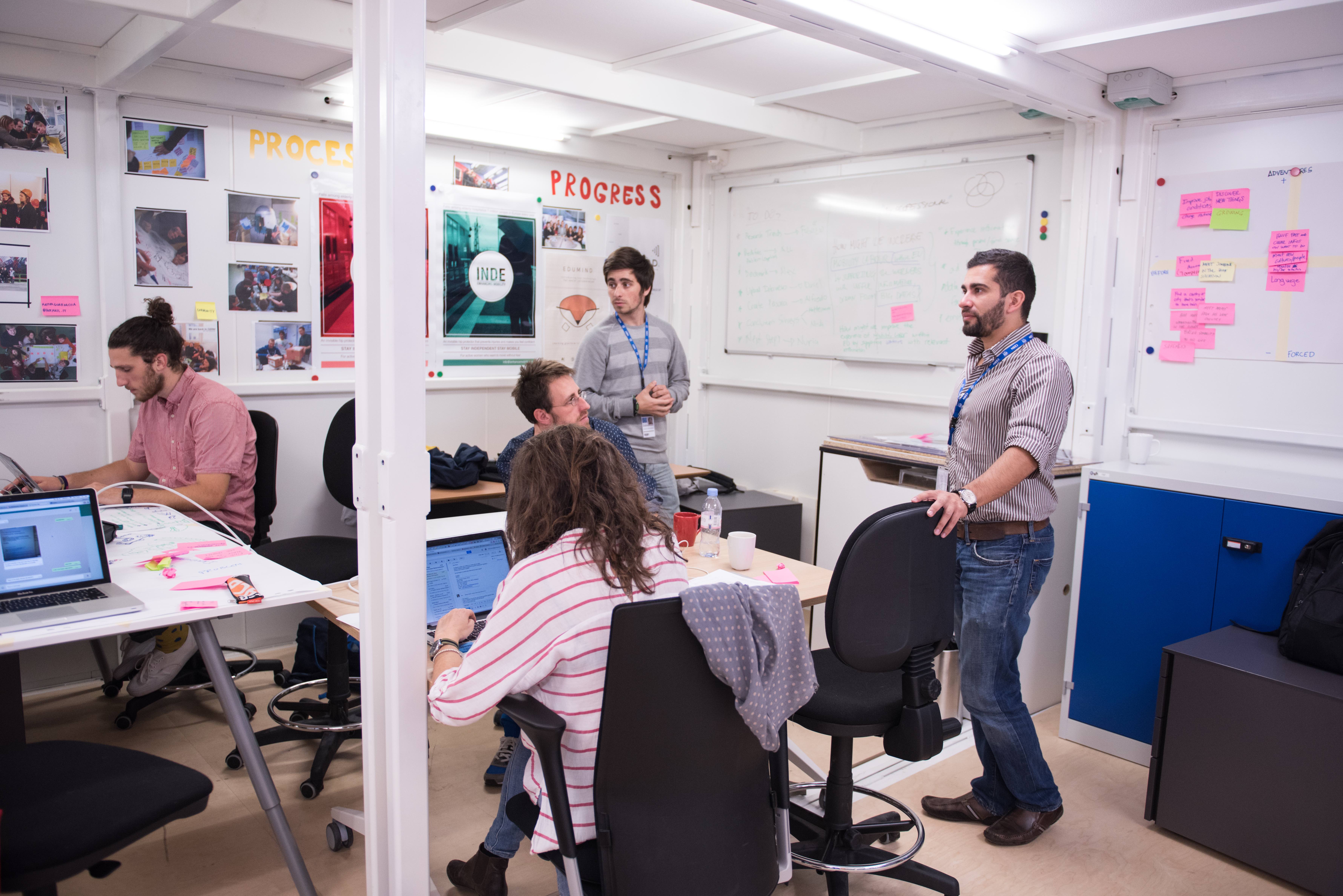By Kamiel Mobach

Investments into science have been politically coupled to so-called societal relevance. Even the Organization for Nuclear Research (CERN), a producer of quite arcane knowledge about subatomic particles, likes to stress that spinoffs of its accelerator technologies have been of benefit to society. CERN insists that its laboratories were the birthplace of the Worldwide Web and that it aims to “build further links with industry in terms of the transfer of knowledge from CERN to industry” (CERN mission statement).
Commercial applications of CERN technologies have been a showcase for CERN’s value to society since the 70s, but more systematic efforts concerning technology transfer were set up around the 1990s: a Director for Technology Transfer was appointed, and CERN planned to strengthen its intellectual property rights. However – as I was told in an interview – it turned out that the resulting patents did not make enough money to cover the cost of the team managing those patents. The patented technologies were too specialized for widespread usage. Does that mean that the justification of research budgets in terms of technological spinoffs is a fallacy?
The answer might be found in a shift in discourse that followed soon after, renaming most technology transfer activities to knowledge transfer. After this shift, the commercial adoption of scientific technologies was emphasized less and patents were largely abandoned, even if only for financial reasons. What took the place of this linear conception of technologies being transferred to industry was an insistence on the value of training in science.
In public outreach, CERN still stresses how its technological achievements are relevant for society. But, in terms of economic self-justification, CERN now increasingly argues that its scientists have a range of qualities relevant for industry and society: they have experience with large collaborations, with working in an international environment, and they have the skill to adapt cutting-edge technology to problems at hand. Here, CERN seems to be following a line of argument similar to accounts of the value of tacit knowledge. To effectively argue that the (tacit) skills learned at CERN are being used in industry, it has set up an alumni organization. In this way, CERN can trace where its PhDs and Postdocs have ended up after their time at CERN.
Another initiative at CERN that illustrates this idea is IdeaSquare. Organizing projects and events that bring together business schools, industry, the European Union, universities and CERN scientists, IdeaSquare is geared towards sharing ways of thinking, designing, organizing and problem-solving. Here we see that societal relevance is not anymore conceptualized in terms of specific technologies flowing from science to industry, but in terms of a transfer of technological and organizational skills required to adapt technologies towards specific purposes.

This way of thinking might increasingly influence science policy in the future when it is brought to the attention of policymakers. An article in The Economist for instance, has argued that economic growth through innovation is a matter of fostering a group of “very highly trained locals” that can adapt available science and technology for commercial use, and that state spending on research and development should focus on the institutions and tools needed to foster such groups.
Following this line of argument, R&D spending might become a matter of managing flows of expertise and hosting sites where expertise can be practiced – a matter of human resources. However, this view on state spending on science might clash with dominant project-based models of scientific funding. If views on R&D keep developing in the direction outlined so far, their reconciliation with prevalent funding schemes will be an interesting battleground to observe.
Kamiel Mobach is a PhD student at our STS department researching the entanglements between different forms of ‘Europeanness’ and technoscience at CERN. He is interested in the historical evolution of notions such as ‘fundamental research’ and ‘objectivity’ as well as their sociopolitical functions.